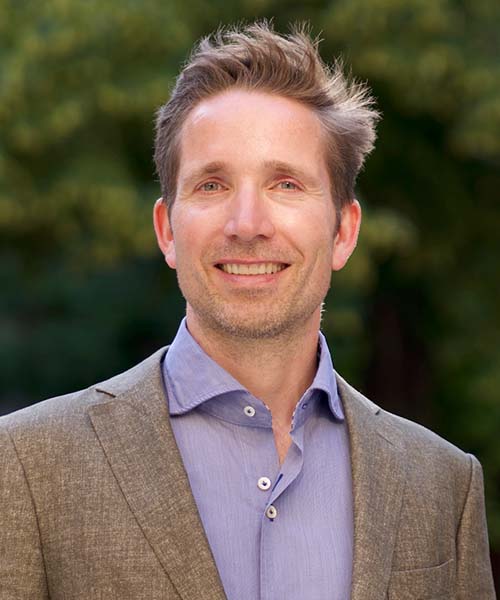Christoph Durt, Ph.D.
CHRISTOPH DURT combines scholarly rigor and creative thinking to investigate core philosophical issues such as experience, reason, orientation, and meaning. Rather than opposing them, he investigates their interplay and interdependent genesis. He regards philosophy not as a self-sufficient enterprise but as part of the strive to better understand our situation and possibilities in an always changing world.
Christoph Durt has been the scientific head of several interdisciplinary projects on embodiment, consciousness, self, and Artificial Intelligence. He has taught on a wide range of topics and authors from Ancient Philosophy to the present at Munich University, the University of California, Santa Cruz, the University of California, Berkeley, and the University of Vienna. More information can be found on his website www.durt.de
Dr. Durt won the third prize award in our first prize competition regarding the question of “How Does the Digitization of Our World Change Our Orientation?” In his essay, he argues that the digitization of our world is much older than usually thought and that it is much more thoroughly intertwined with scientific, economic, ethical, and metaphysical orientations. His contribution elaborates these points by building on thoughts from Husserl, Heidegger, and Anders. His main thesis is: digitization is developing in a new way that is leading to unprecedented changes in human orientation. Digital technology as basic as a search engine not only helps us to find our way through the internet, but also nudges and reorientates us. Arising forms of artificial intelligence target and intelligently change human orientation. The new possibilities for surveilling humans and using them as a resource for data have already created a new situation that requires reorientation. The future will bring even more radical changes. The possibilities for altering orientation and consequent behavior multiply with each part of the user’s experiential environment that can be digitally controlled, which is a reason why augmented reality and the metaverse are so attractive to some of the world’s largest corporations. Gaining orientation about these developments is key—not to turn back the wheel, but to find ways to use the enormous potential to improve rather than to disturb orientation.

